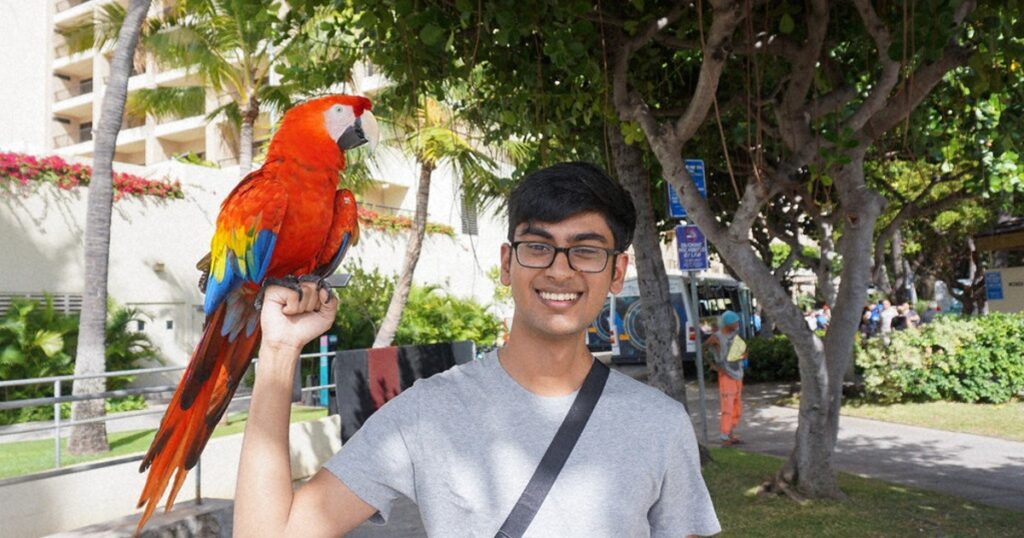If you’re one of the millions of Australians using Facebook or Instagram, Meta is using your data to train its AI – and unlike people in the European Union, you can’t stop them.
If you’re one of the millions of Australians using Facebook or Instagram, tech giant Meta is using your data to train its artificial intelligence models, and you don’t have the ability to opt out.A backlash over AI policy is brewing against Facebook parent company Meta – and other companies such as Adobe and Reddit – leading to calls for stronger Australian privacy laws, as well as questions about how much data we’re willing to give up to the tech giants in aid of their AI land grab.Changes to Meta’s privacy policy will come into effect on June 26, giving the company the ability to use years of users’ posts and photos to train its AI technology.Put simply, generative AI systems – such as Meta’s AI large language model Llama – need to hoover up as much data as possible to be effective, and are capable of pumping out text and images only because they’ve been trained on content from real people.Changes to Meta’s privacy policy will come into effect on June 26, giving the company the use of years of users’ posts and photos to train its AI technology. And this is a very good example of where government could be clearer in simply drawing some red lines,” Santow said.“I would be fairly confident in saying that the vast majority of Facebook and Instagram users wouldn’t have anticipated that their posts would be used for that purpose.”There are also worries that the now-constant stream of cyberattacks and data breaches will inevitably reach the personal data used to train AI models.Artificial intelligence expert Niusha Shafiabady, an associate professor at Charles Darwin University, says when companies such as Meta collect their users’ data to feed AI algorithms, it puts those users at a heightened security and privacy risk.“AI to be used to identify the patterns is not something new.

